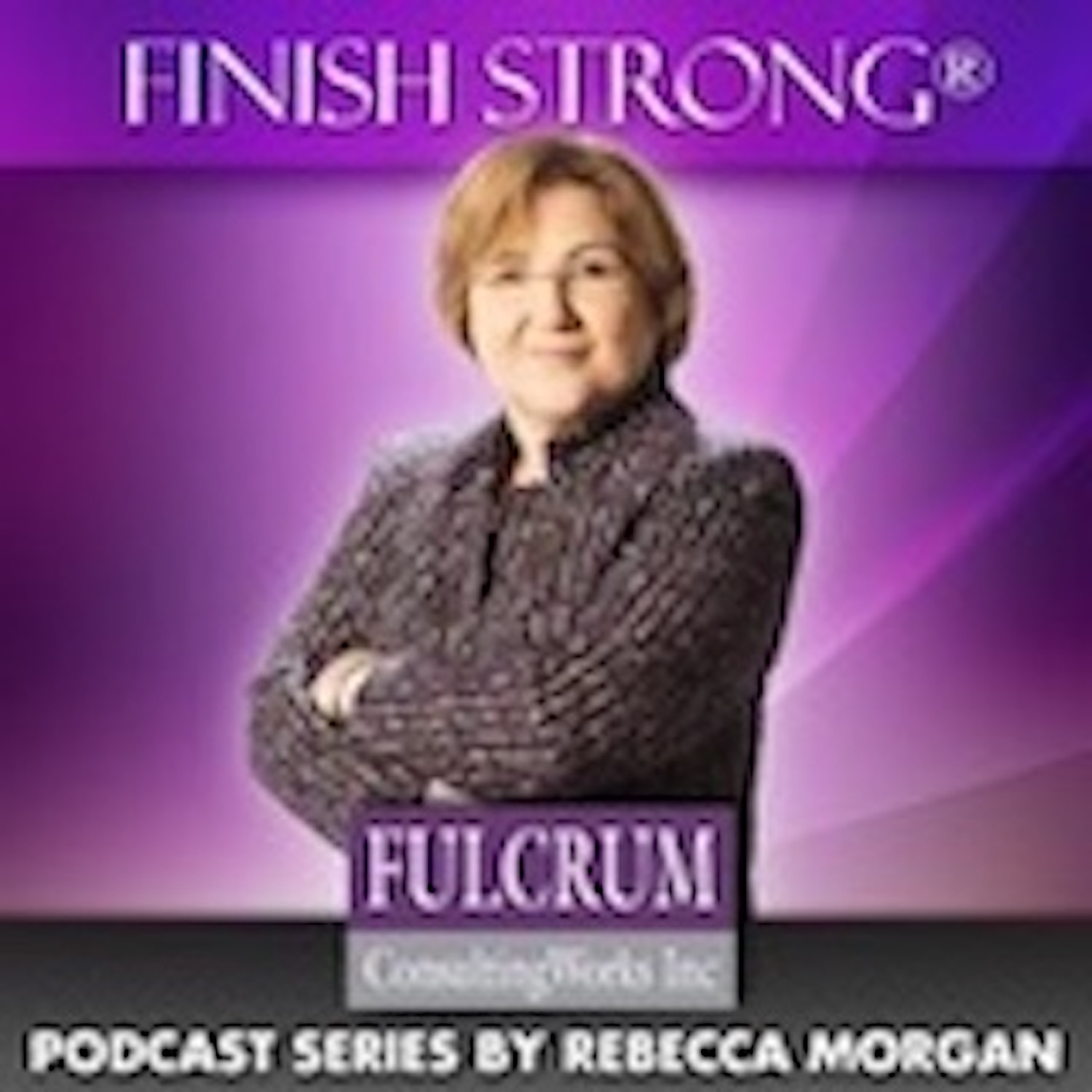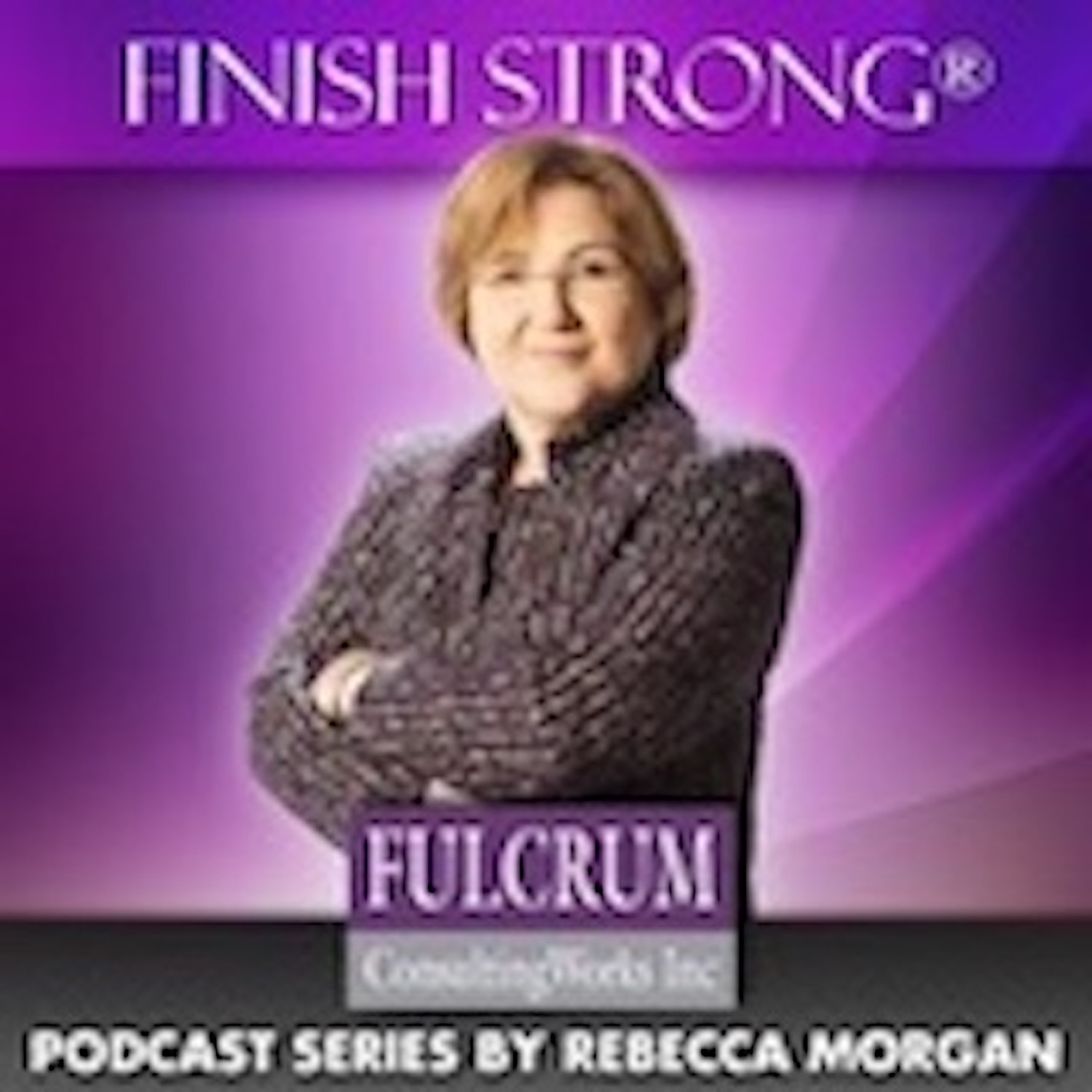full
Supply Chain Strengths
We've been living with a global pandemic for two years now. Those looking for some "new normal" may not realize this is it, at least for now.
You've learned how to handle remote work, safely lead onsite work, and communicate with all your constituencies in new and different ways.
The part that continues to confound everyone is the supply chain, with labor a close second place. Both of those require some of that innovative culture you've been talking about.
Every industry is facing shortages, and many have made adjustments to account for that. Service industries have rationalized offerings and hours to reflect what they can supply reliably. Many of those have shifted massive supply to internet-based methodologies.
Yet it seems the majority of manufacturers have not done much of any of that.
Step 1: Your receiving personnel are not simply twittering their thumbs day after day. You may not get everything you ordered when you hoped to receive it, but you do have some inventory. Parts of your supply chain are working.
Step 2: Quit crying over what challenges you are facing, and focus instead on what you can do to help your customers and markets with what you do have. Claim to have an innovative culture? Now's the time to prove it.
Step 3: Work with suppliers and customers to determine what specification changes can be better supplied, if approved. Then take action as that supply chain can to keep each of you moving forward. If the answer is none, change industries. That doesn't mean leave manufacturing; it does mean deal with the reality you face.
Step 4: Keep trigger mechanisms in place -- or put them in place if for some reason you don't have them -- for advance notice of changes coming down the pike. Keep the pity party brief and emphasize what options and for whom you can create. That may change weekly, so act quickly with the knowledge that steps you are taking may be near-term only.
Step 5: What strategic and operational changes do you need to make right now? What if this is the "new normal?" If your business model and strategy haven't changed, when do you intend to respond to this global upheaval?
There are strengths in your supply chain. Perhaps some of your customers do have a truly innovative mindset that you need to call on. Same for your suppliers. And the same for the employees you've never asked to leap way beyond any box you may have believed you're in.
If you're not looking for what you can do with what you can obtain, or what creative changes you can make to remain viable, what are you doing?
As we all know, hope is not a strategy.


